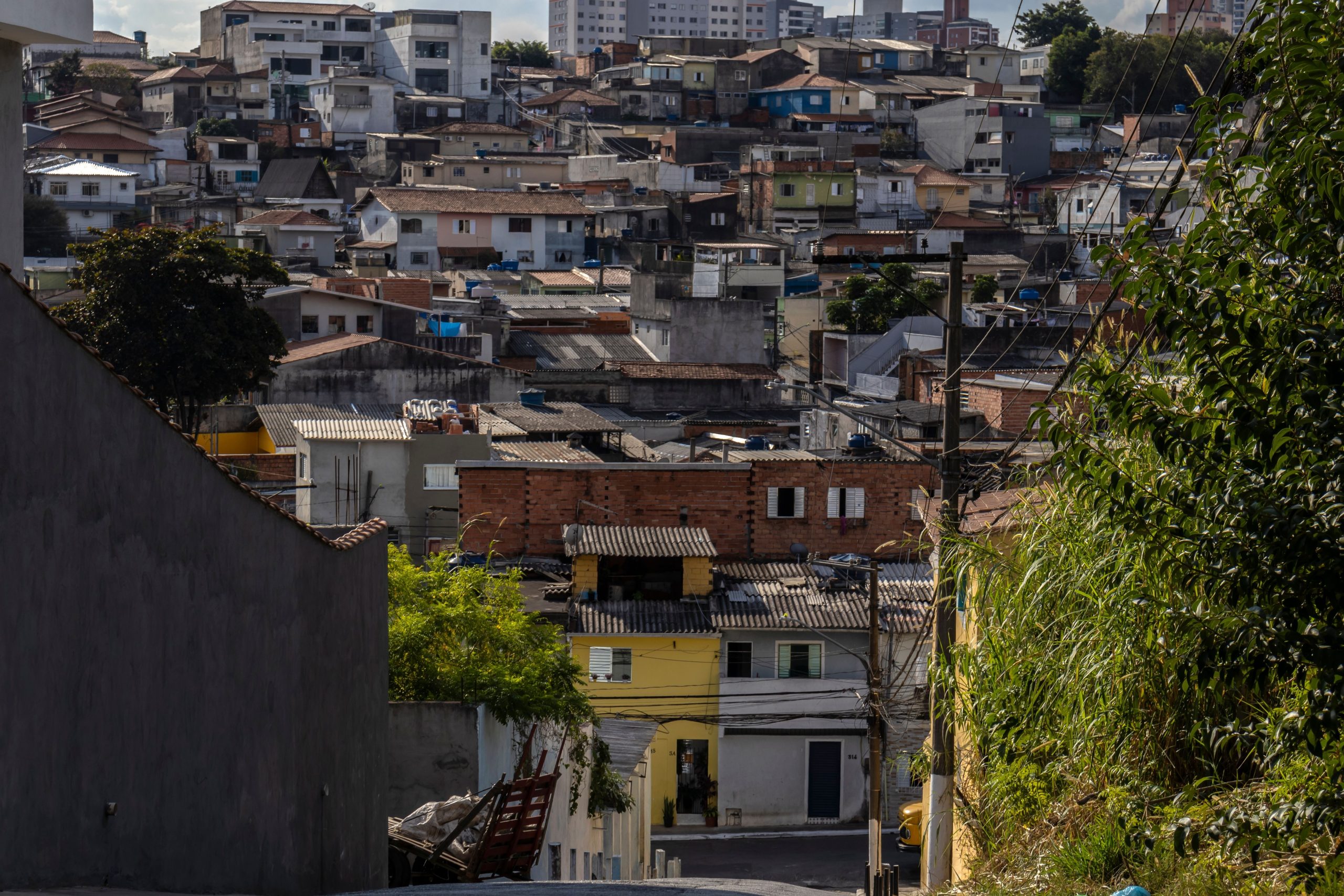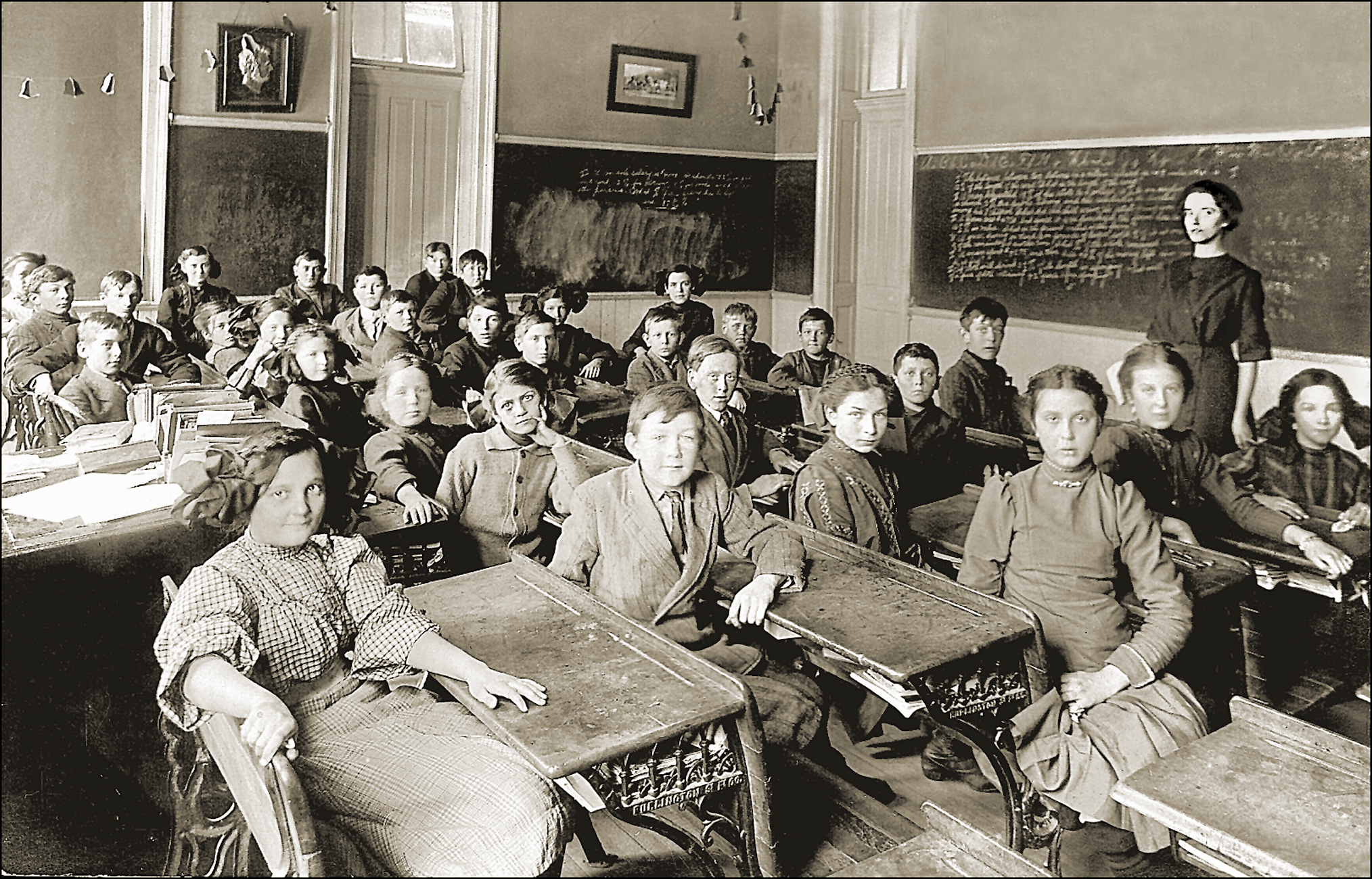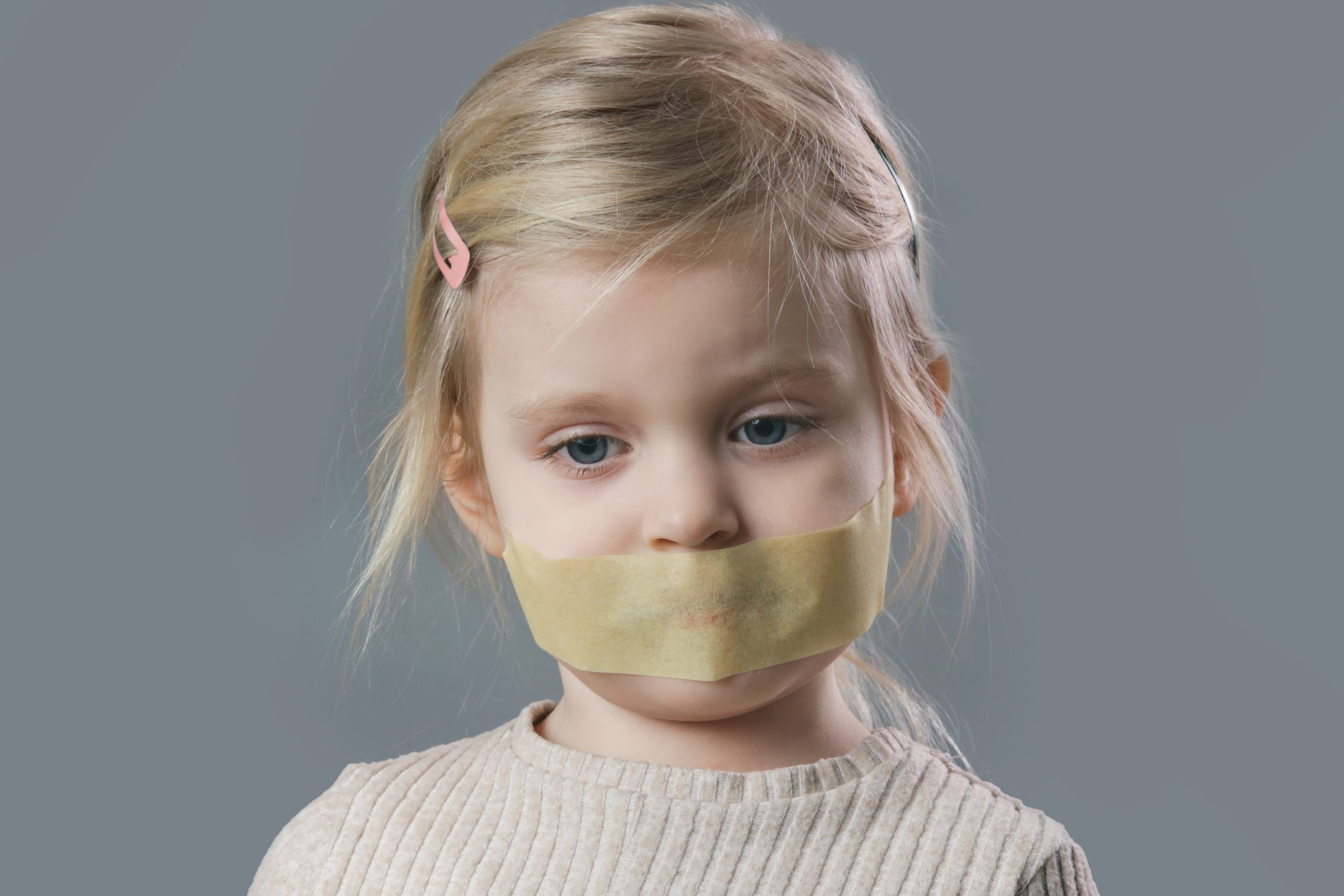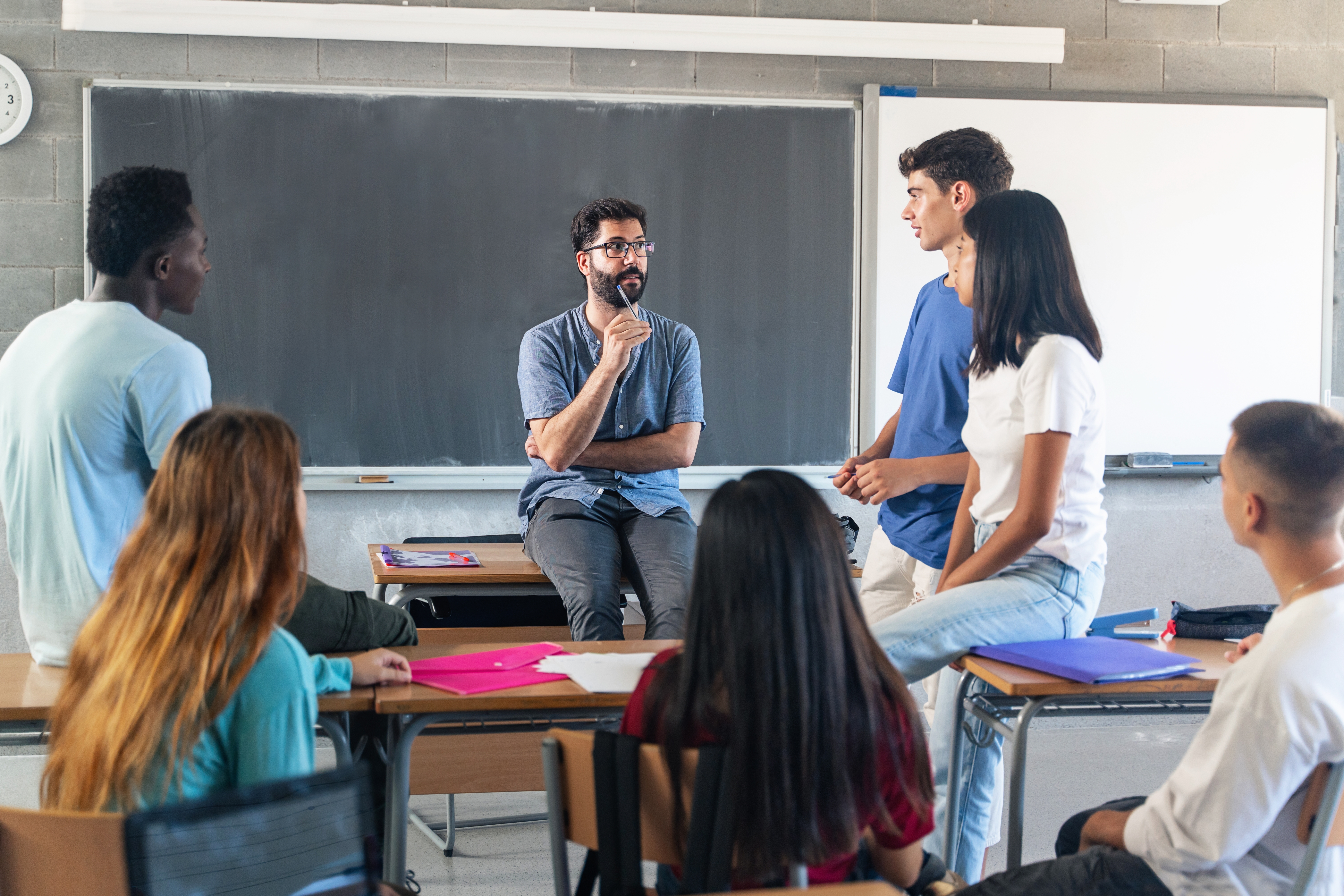Paulo Freire was an unyielding advocate for the marginalised and oppressed with an enduring influence in the field of education. His view of education was revolutionary: he saw it as an act of liberation and emancipation, a practice of freedom. He hailed from Brazil, but his educational philosopher reshaped the way educators around the globe perceived their roles and more crucially, the potential of their students. Education was not just about textbooks, rote learning, or mere classroom interactions for Freire. Instead, he envisioned it as a space where students and educators collaborated, dialogued, and, most importantly, challenged oppressive systems.
Paulo Freire: Behind the Visionary
To truly appreciate the depth of Paulo Freire’s philosophy, it's vital to journey back to his early years, the upbringing that helped to form his fairly radical beliefs. Freire was born in 1921 in the northeastern city of Recife, Brazil. His family faced economic hardships during the Great Depression, which affected his education. Without the luxury of formal schooling during some of these challenging times, Freire's initial lessons came from life itself—this created a belief in the power of experiential learning. The Brazil Freire grew up in was beautiful and full of rich cultural experiences but marred by stark social inequalities. His interactions with marginalised communities, combined with his own experiences of poverty, instilled in him a relentless quest for justice. His early academic pursuits further refined his convictions. A love for language and literature not only granted him the tools for expression but also insights into the transformative power of dialogue. He recognised education as more than just pedagogy—it was a pathway to empowerment.

Pedagogy of the Oppressed
Paulo Freire's magnum opus is Pedagogy of the Oppressed. This treatise, written in Portuguese but first published in Spanish in 1968, challenged age-old systems and ideologies.
The Banking Concept: Deposits of Knowledge
Freire's analogy of the traditional education system uses the imagery of a bank. Educators are the depositors, and students are the repositories. In this model, knowledge is a gift bestowed by the knowledgeable on those they presume to know nothing. It's a one-way transaction, with students expected to receive, memorise, and repeat. However, Freire recognised the inherent flaws in this model; it stifles creativity and ignores the innate potential of learners.

Problem-Posing Education: A Collaborative Dialogue
In stark contrast to the banking model, Freire proposed the concept of problem-posing education. In this model, students and teachers embark on a joint journey to learn from one another. It’s in this that education becomes a practice of freedom. Instead of passively accepting information, students are encouraged to question, challenge, and engage with knowledge outside of the traditional power structure.
The Culture of Silence: Voices Stifled
One of the most profound elements in Freire's work is his description of the “culture of silence”. He recognised that oppressed societies often internalise their subjugation, leading to a silenced majority that neither questions nor opposes. This passive acceptance stems from a lack of belief in one's agency or the possibility of change. Through education, Freire believed, this silence could be broken, allowing marginalised voices to rise and redefine their narratives. Pedagogy of the Oppressed calls for a more inclusive, equitable, and liberating form of education—one that empowers individuals to not just learn but transform their world.
The Concept of 'Conscientização': Lighting the Path to Empowerment and Change
Central to Paulo Freire's pedagogical philosophy is an idea so groundbreaking that it required its own term: 'Conscientização'.
Unlocking the Door to Self-Awareness
Freire believed that true learning goes beyond rote memorisation or skill acquisition. At the heart of 'Conscientização' is the development of self-awareness. But what does that mean? Simply put, it's about understanding one's place in the world, recognising systemic patterns of oppression or inequality, and being attuned to the broader socio-political dynamics.
Critical Thinking: The Catalyst of Change
The second pillar of 'Conscientização' is critical thinking, an ability that Freire felt was stifled by traditional 'banking' methods of education. Critical thinking isn't transactional; it's about challenging existing norms, questioning ingrained beliefs, and seeking alternatives. It's a process during which learners become active participants, not just passive recipients.
Education as a Torchbearer of Societal Change
When individuals are equipped with self-awareness and develop critical thinking skills, they can be agents of change. Freire posited that this transformative power of education doesn't stop at the classroom door; it continues into the wider society. When learners recognise injustices and have the tools to challenge them, they can actively participate in shaping a more equitable world. Conscientização reminds us that education is not just about grades or qualifications; it's a potent tool for empowerment and societal evolution.
Dialogue: The Centre of Freirean Pedagogy
Traditional education models create or emphasise the power dynamics between the teacher (the knower) and the student (the learner). Paulo Freire introduced a radical shift.
Why Dialogue Matters
For Freire, dialogue was an exchange of worlds, not just of words. By emphasising dialogue, he was encouraging an interaction where individuals share experiences, challenge perspectives, and co-create knowledge.
Redefining the Teacher-Student Dynamic
In the Freirean classroom, the teacher isn't a dispenser of knowledge but a facilitator, a guide, and, importantly, a co-learner. The teacher respects the students' experiences and insights, acknowledging that these can enrich the learning experience just as much as structured lessons do. By placing dialogue at the centre of his pedagogy, Freire wasn't merely introducing a teaching technique; he was establishing a philosophy. He was underscoring the belief that true learning isn't about transferring information but about transforming individuals and societies. And in this transformative journey, the roads are paved with respect, understanding, and authentic dialogue.

Paulo Freire in the Modern Classroom
Paulo Freire had a vision of a transformative, dialogue-rich educational space. Today, the echoes of his teachings manifest in myriad ways within our modern classrooms.
The Classroom as a Democratic Space
In line with Freire's philosophy, contemporary educators prioritise creating an environment where every student feels valued, heard, and empowered to share. This is not just about encouraging participation; it's about validating diverse experiences and perspectives and ensuring students understand their voices matter.
Cultivating Critical Thinkers
Gone are the days when rote memorisation was the pinnacle of learning. In the Freirean-inspired classroom, students are not just absorbing facts. They're prompted to question, challenge, and dissect the information presented to them. They're equipped to identify biases, challenge the status quo, and seek justice, both within the classroom and beyond its walls.
From Theory to Action
Freire's principles aren't just theory. Numerous educational institutions, from elementary schools to universities, have integrated critical pedagogy into their curricula. Projects that address societal issues, classroom debates on contemporary topics, and community outreach programs are just a few manifestations of Freire's influence. In prioritising dialogue and critical thinking, educators are not just teaching subjects; they're shaping discerning, empathetic individuals ready to engage with the world's complexities.
Criticisms and Counterarguments
Every revolutionary idea faces its share of scepticism. Freire’s concepts evoked admiration and criticism from various quarters. Engaging with these critiques means educators are better poised to holistically understand and apply his principles in diverse settings.
Is It All Too Idealistic?
One of the frequent criticisms hurled at Freire's approach is its perceived idealism. Detractors argue that while the idea of empowering students to challenge societal structures sounds wonderful, its practical implementation is fraught with challenges. How, they ask, can such a radical shift be achieved without disrupting traditional educational models?
Blurring Lines: Education or Political Activism?
Freire's emphasis on critical consciousness and encouraging students to challenge societal injustices has been lauded. It has also raised eyebrows. Some critics argue that there's a thin line between education and political activism. Should classrooms be arenas for socio-political change, or should they remain insulated spaces dedicated only to learning?
Potential for Bias: Can Teachers Remain Neutral?
Central to Freire's pedagogy is space for dialogue and questioning. However, this has prompted concerns about potential biases. If educators enter classrooms with strong personal beliefs, is there a risk of these views overshadowing open dialogue? Can the Freirean model ensure unbiased, balanced discussions? While these criticisms merit consideration, it's essential to remember that Freire developed his theories against a backdrop of significant political and social upheaval. His emphasis on using education as a tool for emancipation emerged from witnessing firsthand the transformative power of knowledge. Implementing Freire’s approach requires adapting the essence of his ideas to suit varied situations, recognising the balance between political activism and education while ensuring the sanctity of open dialogue.
Freire's Legacy Beyond Brazil
Paulo Freire’s impact went far beyond his homeland. His influence spread globally, reshaping educational perspectives and practices in myriad ways. The quest for emancipation through education is universal.
Freire in the West: The North American Adaptation
While Brazil's socio-political challenges were unique, the core of Freire's message—empowering the marginalised—found significant traction in North America. Particularly in urban schools, educators began shifting away from top-down teaching approaches, embracing methods that prioritise student voices.
Africa: Embracing Indigenous Knowledge Systems
In parts of Africa, Freire's ideas were integrated with indigenous knowledge systems and other movements. Educators have fused Freirean dialogue-based pedagogy with local teaching practices, ensuring education is both contextually relevant and transformative.
Asia: Questioning Authority and Tradition
In several Asian nations, where respect for authority and age-old traditions often hold sway, Freire's challenge to the "banking concept" of education took on new meanings. Here, his ideas have empowered students to balance deep-rooted respect for tradition with critical questioning, fostering a unique blend of reverence and revolution. This masters thesis explores this in more depth!
Europe: Socio-political Empowerment in Changing Times
Amidst fluctuating political landscapes and diverse educational challenges, several European nations found guidance in Freire’s work—this adult educational model in Finland is a good example. His emphasis on critical consciousness resonated particularly in regions undergoing socio-political changes, fostering a generation of learners who are both deeply aware and actively engaged.
Pedagogy and EdTech
In a digital age, where screens are omnipresent, it’s important to understand the intersection of Paulo Freire's revolutionary pedagogy with contemporary educational technologies. Can EdTech tools amplify Freire's vision of education as a tool for emancipation?
Digital Dialogues: Emulating Freirean Interactions
Modern digital platforms, from forums to virtual classrooms, offer a space for open dialogue reminiscent of Freire's ideals. Instead of passive consumption, platforms like online discussion boards and collaborative project tools promote active student engagement with a wide range of people and perspectives, the critical "problem-posing" education Freire championed.
Breaking Down the "Banking" Concept with Adaptive Learning
EdTech isn't just about digitising traditional materials; it’s also about offering more personalisation in the learning experience. Adaptive learning platforms challenge the static "banking concept" by tailoring content to each student's needs, ensuring they're not passive, active participants in their educational journey.
Amplifying Marginalised Voices through Global Platforms
One of Freire’s core tenets was to uplift the oppressed. Today, global educational platforms give a voice to students despite geography, socio-economic constraints, and other barriers. These platforms democratise knowledge access, a fact which resonates deeply with Freirean principles.
Potential Pitfalls: Avoiding Tech's "Culture of Silence"
Without mindful implementation, technology can inadvertently create a new form of the "culture of silence," with students passively scrolling rather than critically engaging. It's essential to continually evaluate how these tools are used, ensuring they align with Freire’s vision of active, emancipatory learning.
In Summary
Paulo Freire’s conviction—that education was not just a tool but a torch illuminating paths to societal emancipation—has left an indelible mark around the world. He believed in the emancipatory power of education. His principles urged educators to see beyond the confines of classrooms, recognising the profound ripple effect education has on societies. Empowering students is the first step in sculpting futures, forging communities, and fostering global change. His criticisms of the traditional "banking" method of education highlighted the necessity for active, engaged, and critical learning. To learn more about educational psychology and otherwise equip and upskill yourself, check out our range of CPD courses for teachers.
Further Reading & Resources
- Pedagogy of the Oppressed by Paulo Freire - This cornerstone of his work provides readers with an unfiltered look into his foundational beliefs on education as a tool for liberation.
- Education for Critical Consciousness by Paulo Freire - A collection of his seminal essays that further expands on the notions of 'conscientização' and the pedagogy of questioning.
- Pedagogy of Hope: Reliving Pedagogy of the Oppressed by Paulo Freire - In this reflective work, Freire revisits the experiences and scenarios that shaped his revolutionary "Pedagogy of the Oppressed."

